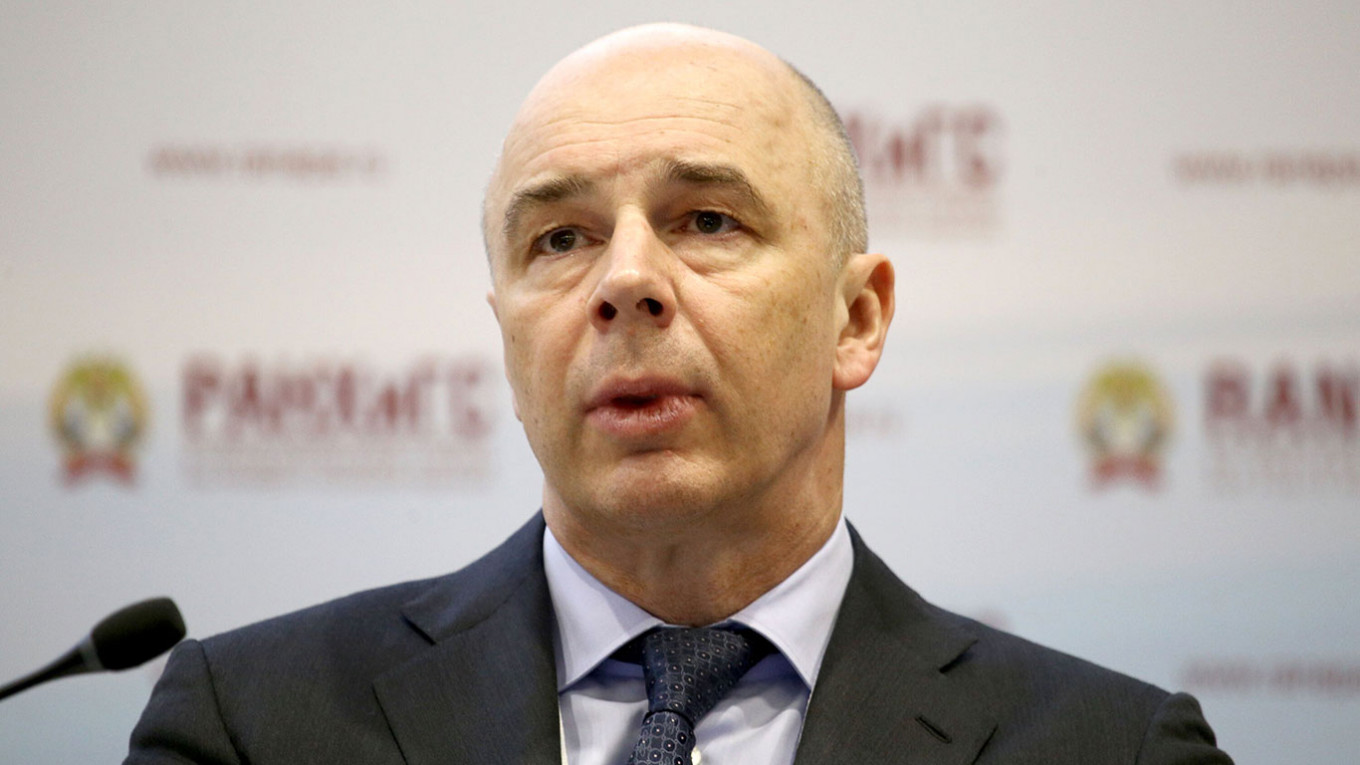
Russia said Wednesday that it will start paying its foreign debt in rubles after the United States ended an exemption allowing Moscow to make the payments in dollars held in Russia.
The U.S. Treasury announced Tuesday it was closing the escape clause to the drastic financial sanctions imposed on Moscow after it sent troops to Ukraine, pushing Russia closer to default.
“Noting that the refusal to extend this licence makes it impossible to continue servicing government foreign debt in U.S. dollars, payments will be carried out in Russia’s currency,” the Finance Ministry said in a statement on Telegram.
The ministry added that there would be a “possibility to later convert them (payments) into the original currency” using a Russian financial institution as the paying agent.
Punishing Western sanctions on Russia have largely severed the country from the international financial system, including blocking Moscow’s ability to access funds held in U.S. banks to pay its foreign creditors.
The U.S. move scrapped the final exemption, which was forcing President Vladimir Putin’s government to drain its war chest of foreign currency reserves to make payments.
Russian Finance Minister Anton Siluanov said in the statement that the current situation was “artificially created by an unfriendly country.”
He said that it “primarily hurts the rights of foreign investors in Russian debt instruments.”
Siluanov stressed the situation has “nothing in common” with 1998, when Russia defaulted on domestic ruble-denominated debt amid a broader financial crisis.
“Now we have money and a desire to make payments, too,” the minister said, adding that the step would not affect Russians’ quality of life.
U.S. Treasury Secretary Janet Yellen said last week that “if Russia is unable to find a legal way to make these payments… they technically default on their debt.”
The Russian government has attempted to pay in domestic currency, but many of the bonds do not allow repayment in rubles.
The next debt service deadline on May 27 is for is for 100 million euros in interest on two bonds: one requires payment in dollars, euros, pounds or Swiss francs only; the other can be paid in rubles.
According to reports by Reuters and The Wall Street Journal on Friday, the Russian Finance Ministry transferred funds out of the country early to make the payments and avoid default.
Nearly $400 million in interest is due in late June.
After a 15- to 30-day grace period following a missed payment, the country likely would be declared in default, further deteriorating its financial position and allowing creditors to take legal action to recover the funds.
The country last defaulted on its foreign currency debt in 1918, when Bolshevik revolution leader Vladimir Lenin refused to recognize the obligations of the deposed tsar’s regime.